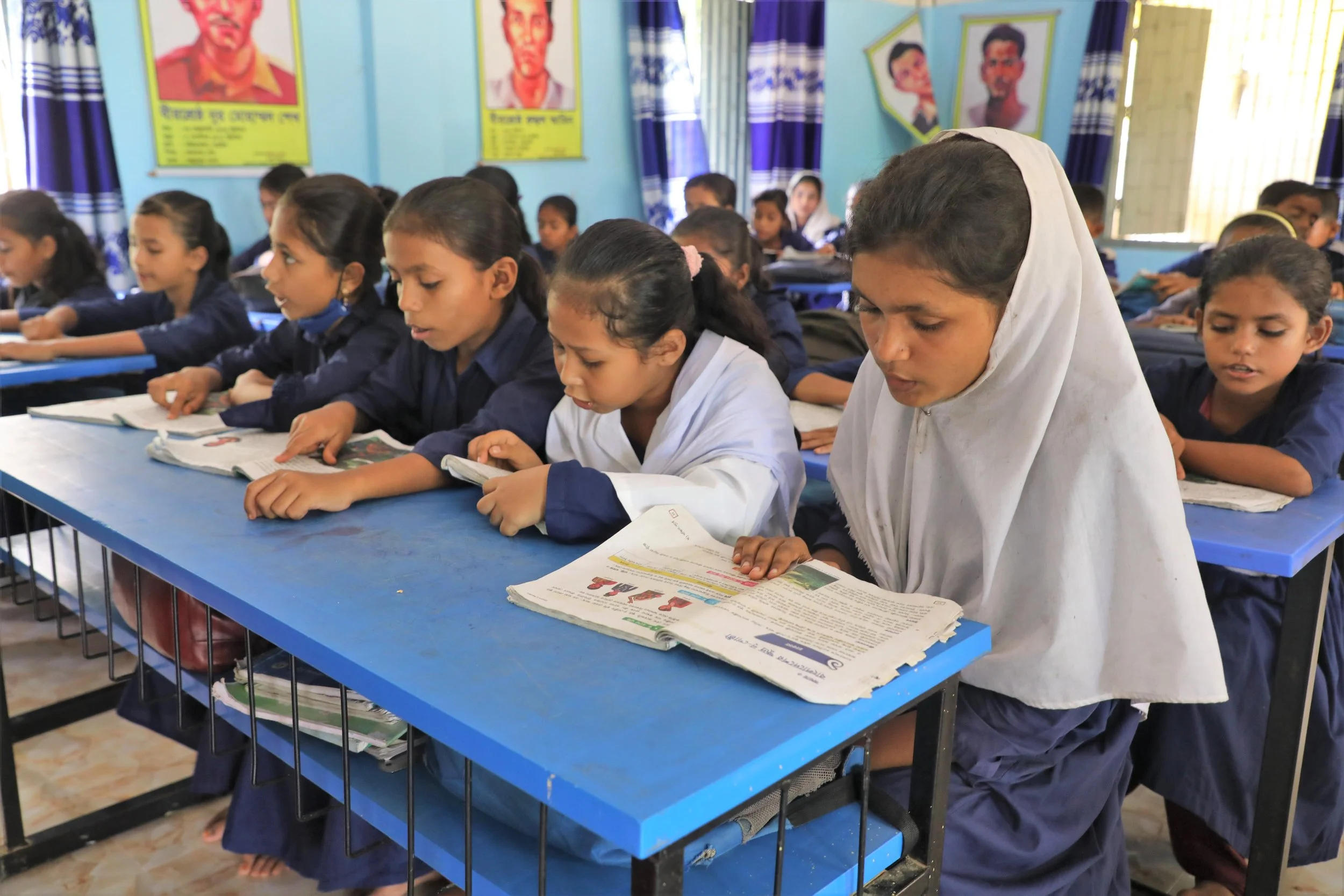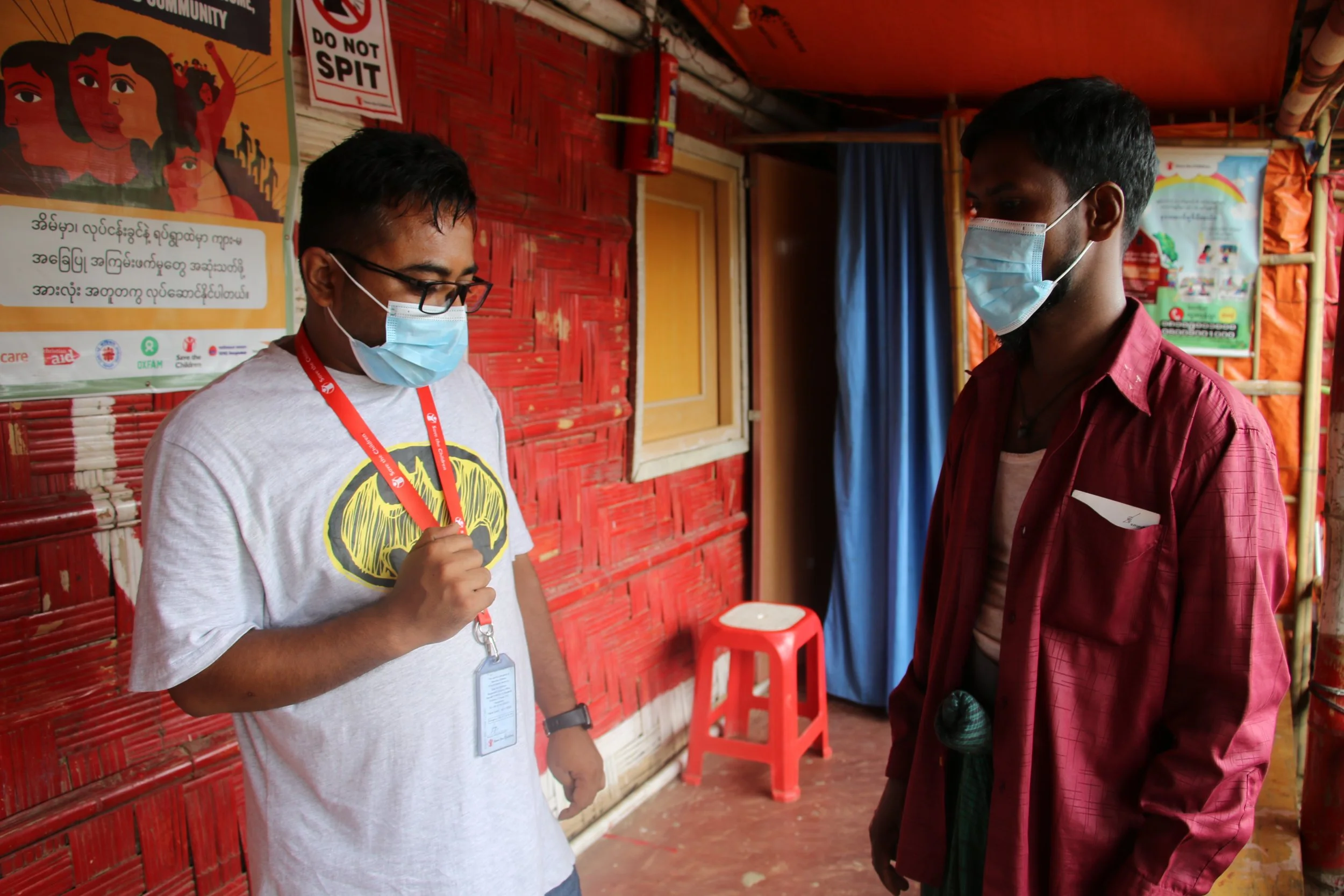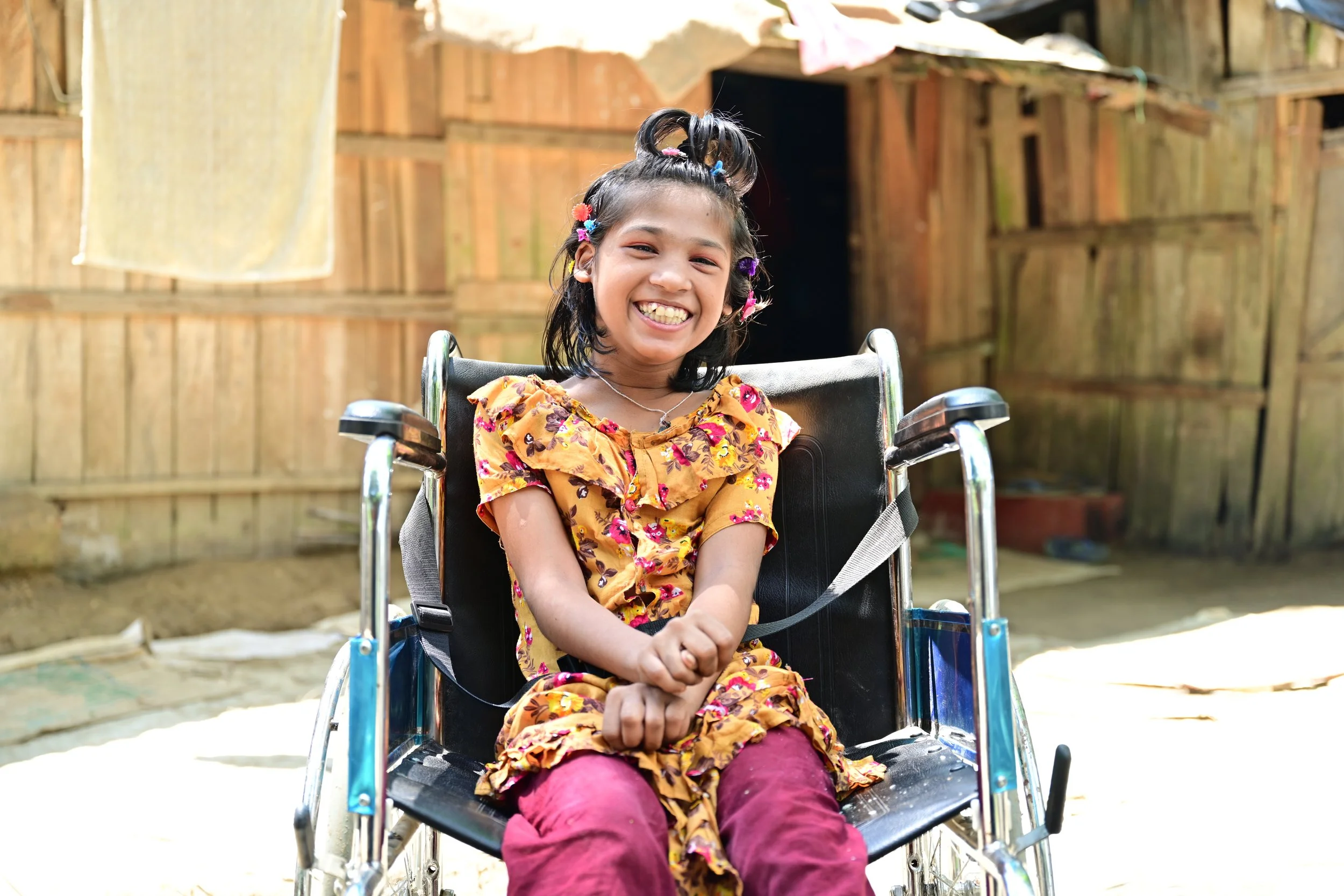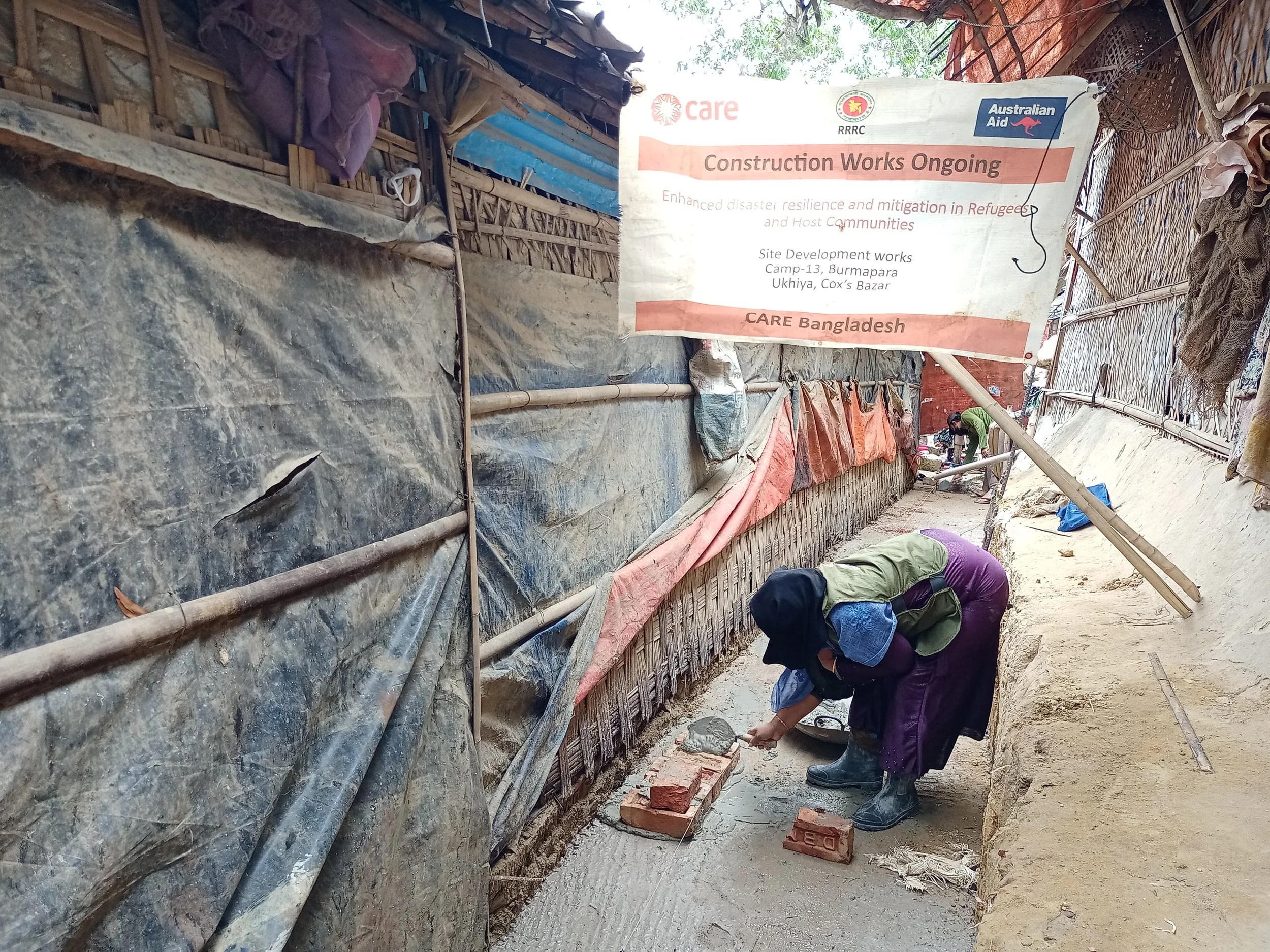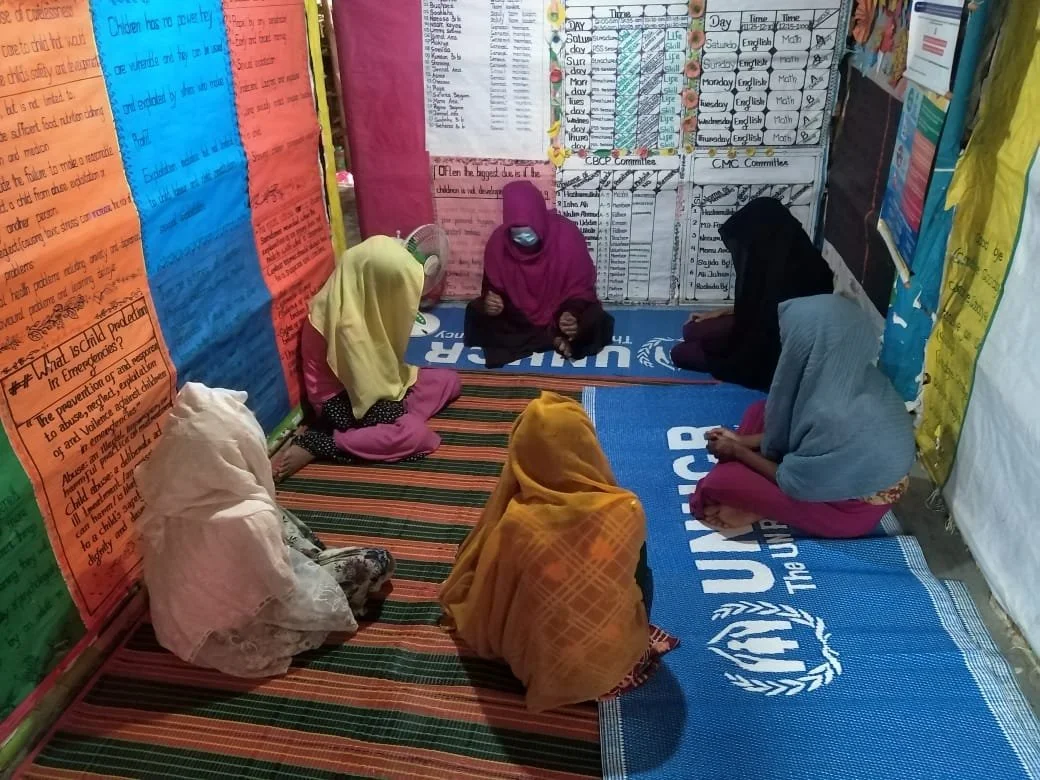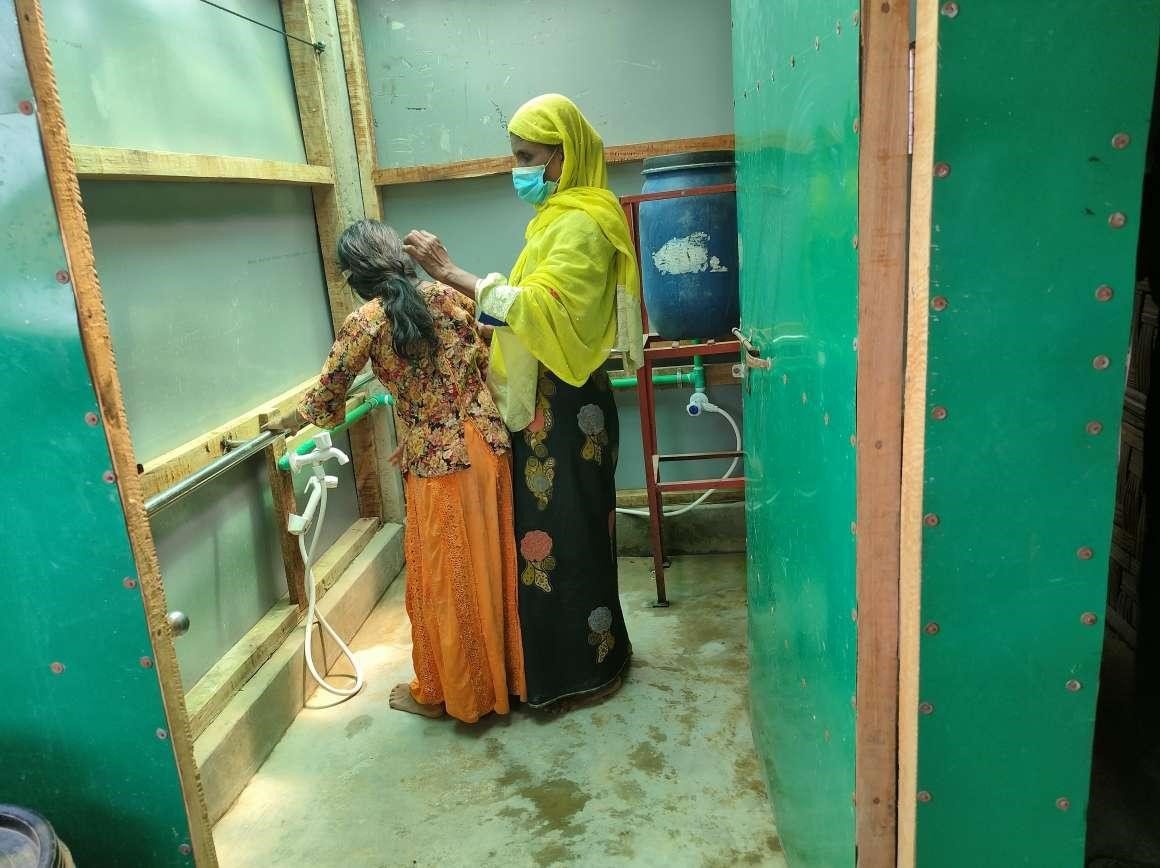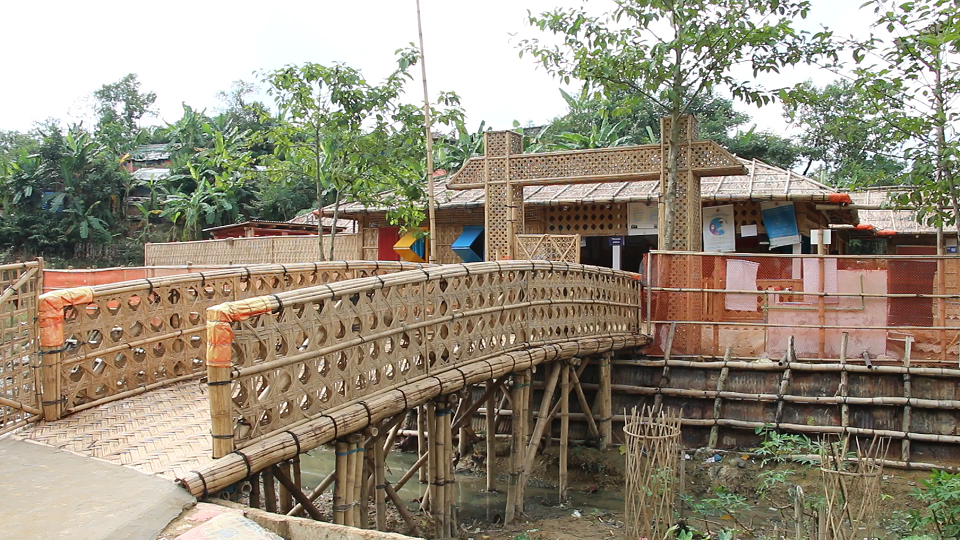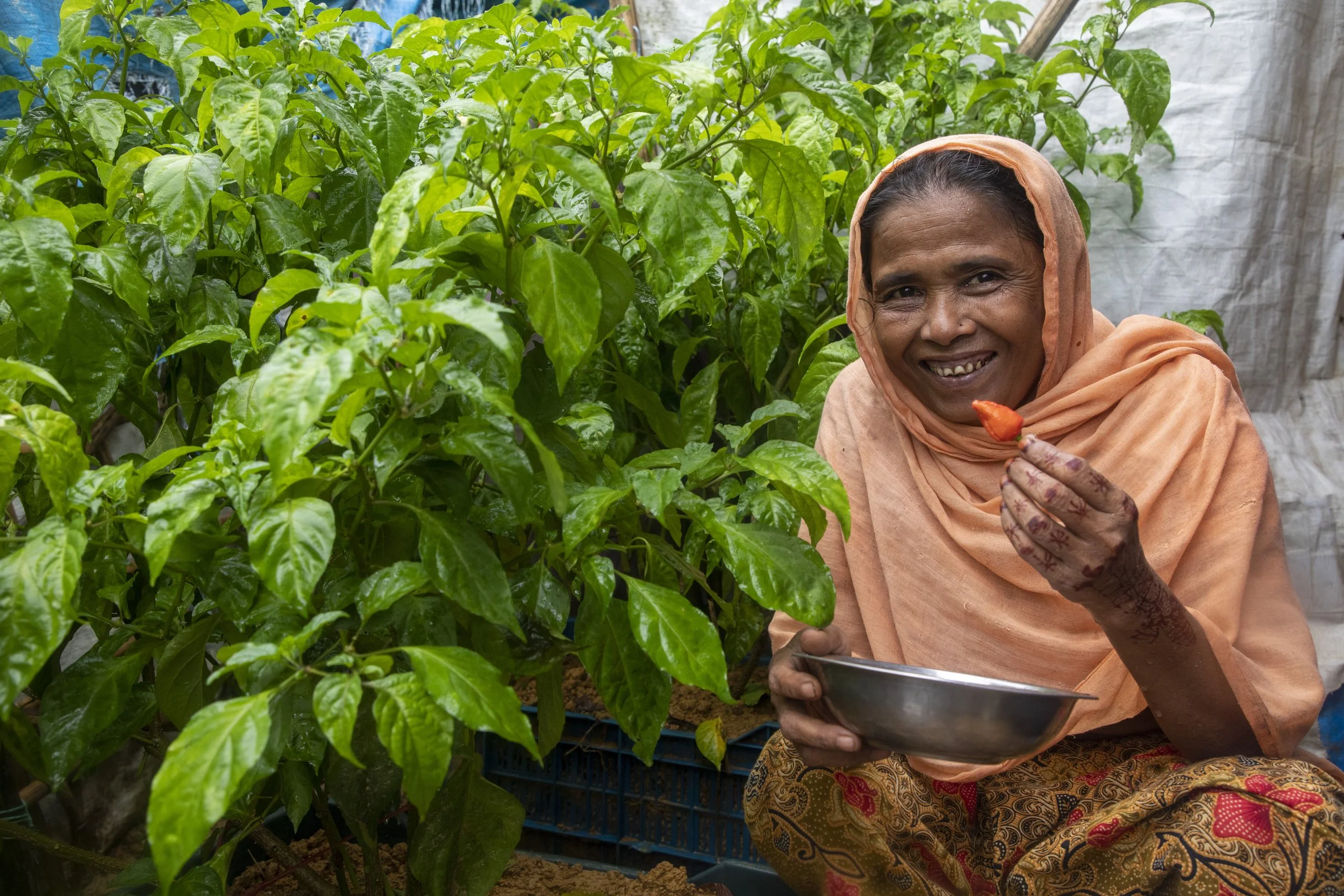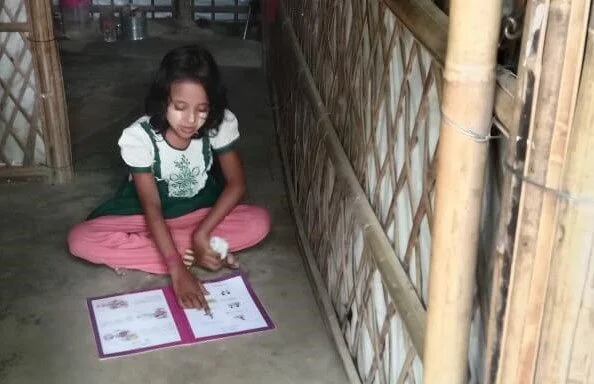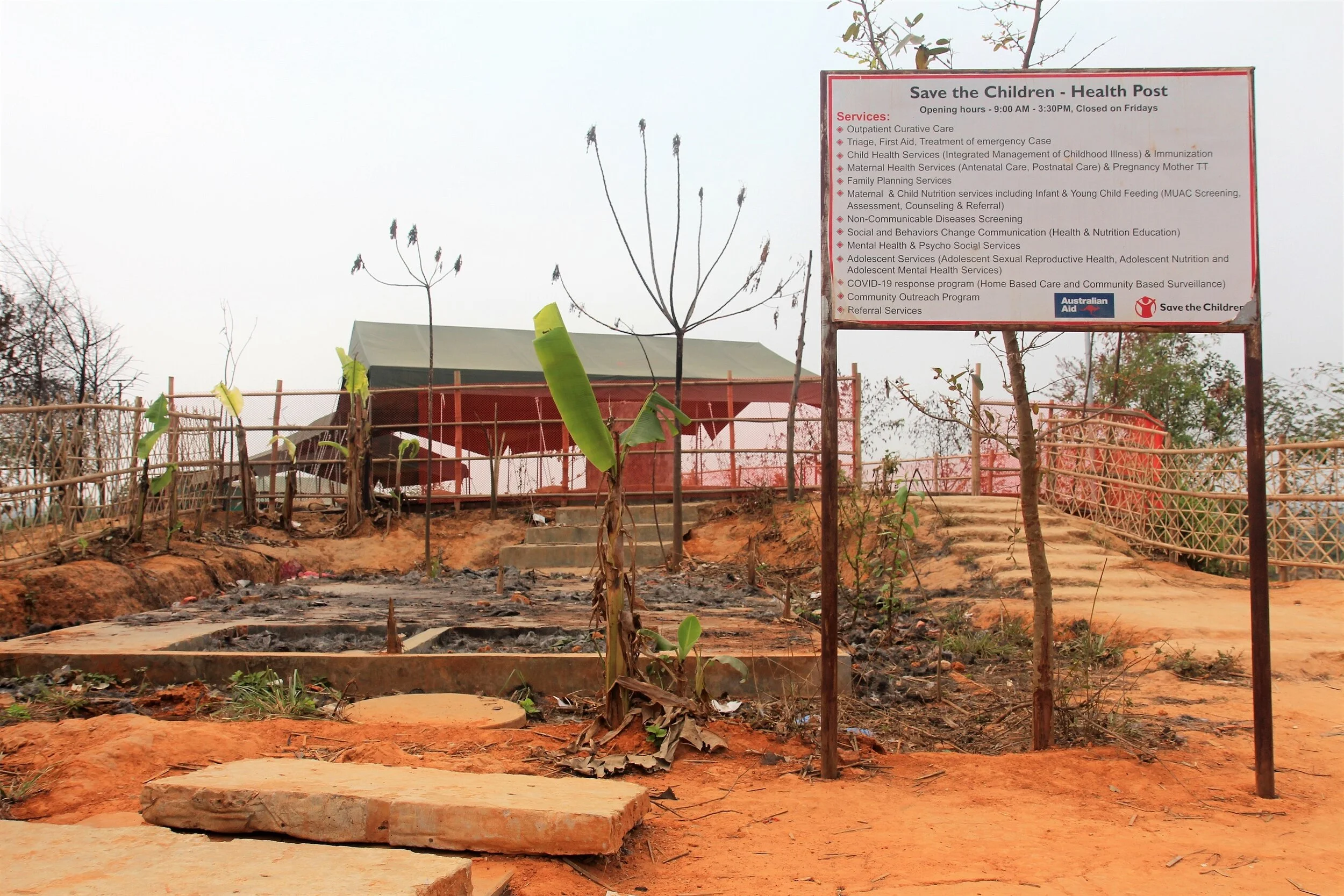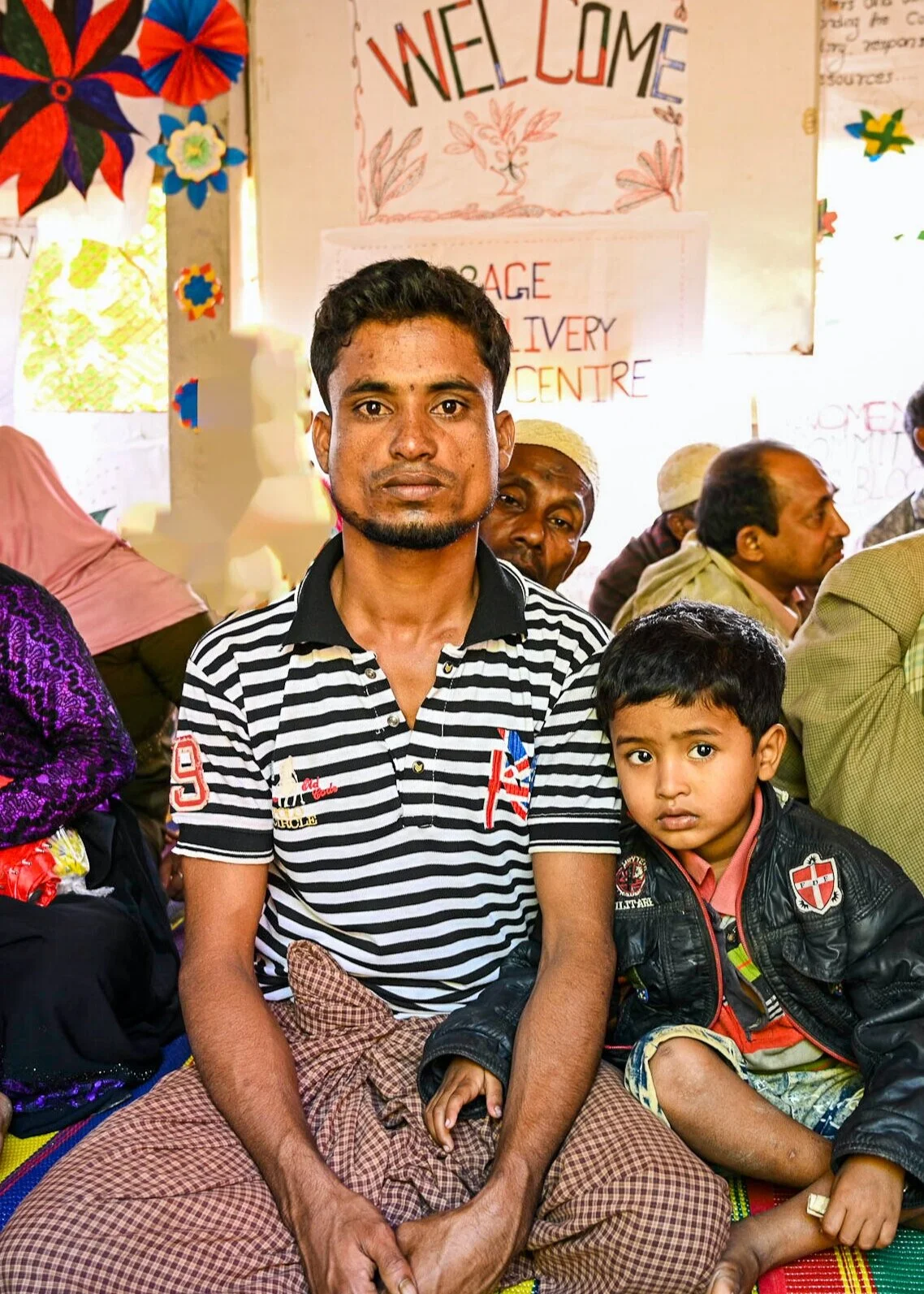For 12-year-old Rifa Akter, bullying about her communication disability had left her isolated and overwhelmed in the classroom. With support from an adolescents’ club supported through the AHP Bangladesh response, Rifa has new friends and has been able to return to school.
Read MoreAfter suffering a stroke in 2021, Rohingya refugee Hassan was left unable to walk or stand, and without access to rehabilitation services. Through a partnership between Save the Children and Humanity & Inclusion, Hassan and other Rohingya people with disabilities now have access to specialised services at their local health post.
Read MoreThrough the AHP response in Bangladesh, people living with disabilities in host communities and Rohingya camps have been supported with assistive devices to improve their quality of life through partner Christian Aid and DSK.
Read MoreA cash for work program being implemented through the AHP and CARE in Cox’s Bazar, Bangaldesh, is providing income earning opportunities for vulnerable groups such as female-headed households, while improving resilience to disasters.
Read MoreSajeda, a Rohingya mother of four living in Cox’s Bazar, was a victim of child marriage. Motivated by her own experience and the negative outcomes she saw for other child brides, she volunteers as part of an AHP-supported committee to end the practice in her community.
Read MoreIn Cox’s Bazar, few Rohingya living with disabilities have accessible latrines in their homes or communities. Work by AHP partners is supporting better access to WASH in the camps for all. For 13-year-old Fatema and her mother, an accessible latrine has improved their quality of life.
Read MoreWhen an AHP-supported health post in Cox’s Bazar, Bangladesh, burnt down last year, dedicated staff restored services to the community in just two days. But rebuilding the health post itself was an eight-month long challenge. Now the health post is back to full operations, with more space.
Read MoreFor three Rohingya sisters living with hearing and speech disabilities, the Women and Girls Safe Space in Cox’s Bazar, Bangladesh, has opened up new social, learning and creative opportunities.
Read MoreFor 15-year-old Sathi, winning a prize in a primary school football competition ignited her dreams of becoming a famous player. But Sathi lives in a remote village in Cox's Bazar, Bangladesh, where football is considered a boys' game. Through an AHP-supported youth club, Sathi found a way to create her own team.
Read MoreFor Rebeya Begum and other women in her village in Bangladesh, bathing was a cause of daily worries and waits. After receiving support from AHP partners to build a better bathing facility, women and girls feel safer and more confident.
Read MoreIn Teknaf, Bangladesh, adolescent boys and girls are usually not allowed to learn together or socialise. But an AHP-supported youth club is challenging gender stereotypes while increasing access to education.
Read MoreSix year old Asfer, who lives with cerebral palsy, has progressed in leaps and bounds since his family enrolled him in an AHP-supported Early Childhood Development Centre and were able to access physiotherapy support.
Read MoreLife in the camps of Cox’s Bazar is already tough, but for 16-year-old Maya, who lives with complex physical disabilities, it is an accessibility nightmare. With the support of AHP, Maya now has improved access to bathroom facilities at her home.
Read MoreDrawing on the theory that a little ‘nudge’ can lead to big change, AHP partners in Bangladesh are supporting Rohingya women’s livelihoods and food security, and in the process, boosting their self-reliance.
Read MoreFor Rohingya children living in camps in Bangladesh, learning centres provide vital social connection and access to education. But with COVID-19, they have been closed. AHP partners have adapted to provide caregiver-led education opportunities so children don’t miss out.
Read MoreAHP-supported psychosocial support and skill development programs for Rohingya women, including those with disabilities, in Cox’s Bazar are aiming to reduce gender-based violence and increase independence.
Read MoreChakma people in Bangladesh have traditionally had limited access to formal education. But new early childhood and adolescent education centres supported by AHP partners are creating opportunities.
Read MoreAustralian Humanitarian Partnership agencies have been supporting those impacted by a series of fires in refugee camps in Bangladesh, but damage to their facilities has created new challenges.
Read MoreInclusive education programs aim to ensure no Rohingya children are left behind.
Read MoreAHP partners supporting the Rohingya Response in Cox’s Bazar, Bangladesh have worked on building both organisational and staff capacity as well as community awareness to better identify, work with and include people with disasilities in the response efforts.
Read More

